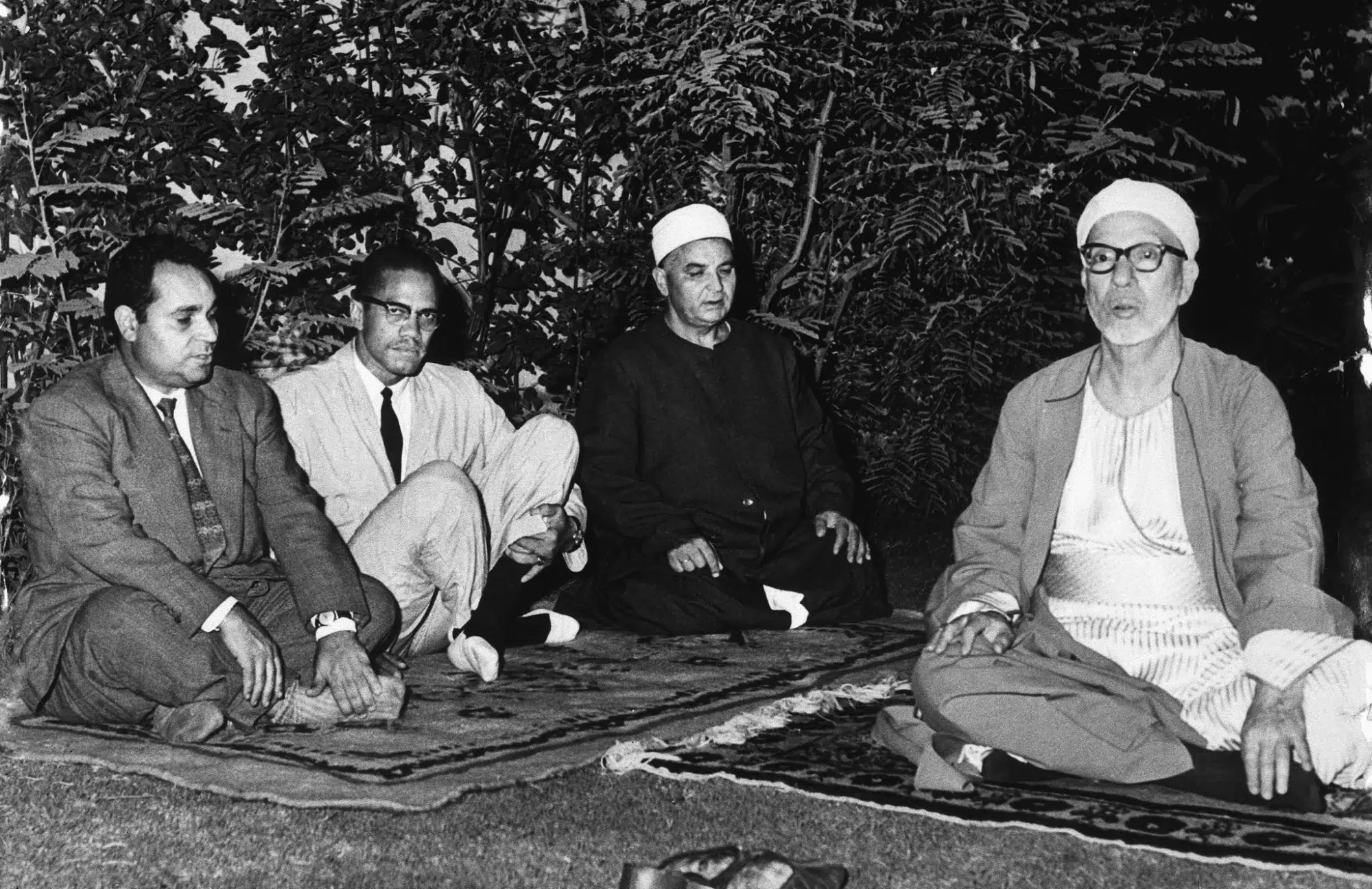Malcolm X embarked on a transformative journey to Cairo in the early 1960s after converting to Islam. This pivotal period had a profound impact on his political views, leading him to emphasize the importance of Black unity and brotherhood in the face of white oppression.
Prior to his visit to Cairo, Malcolm had already traveled extensively throughout the Middle East and West Africa, including a life-changing pilgrimage to Mecca.

Malcolm X’s soul searching trip in Cairo in the early 1960s marked a significant turning point in his life and political ideology. This article delves into the experiences, insights, and influences that shaped Malcolm X during his time in Cairo, shedding light on the impact this journey had on his views on race, religion, and international solidarity.
From the historical context to his encounters with diverse communities, Malcolm’s trip to Cairo provided him with invaluable perspectives and played a crucial role in his evolution as a civil rights leader.

Malcolm X’s Early Experiences
Malcolm’s early life was marred by racial violence and discrimination. His family faced forced relocation due to an attack by a white supremacist group, and racial bias persisted throughout his education. Even his teachers discouraged him from pursuing a career in law, underscoring the systemic oppression he faced as a Black individual in America. However, it was during his time in prison that Malcolm X found solace in the Nation of Islam, a religious movement that shaped his beliefs and set him on a path of self-discovery.

The Search for True Islam
Despite finding a sense of purpose within the Nation of Islam, Malcolm X experienced disillusionment with its leader, Elijah Muhammad, and the internal conflicts within the movement. Seeking a more authentic expression of Islam, he embarked on a journey to Cairo, Egypt, where he hoped to deepen his understanding of the religion and its cultural roots.

Exploring Ancient Tombs and Temples
During his two-month stay in Cairo, Malcolm X took the opportunity to explore the historical sites and landmarks that held significant cultural and spiritual value. The ancient tombs and temples he visited provided a stark contrast to the distorted narratives he had encountered in America. Malcolm discovered that white colonialism had deliberately obscured the achievements of Black people throughout history, including attempts to whitewash the features of ancient Egyptian artifacts.

Equality and Brotherhood in Cairo
One of the most impactful aspects of Malcolm X’s trip to Cairo was witnessing people from different nations treat each other with equality and warmth. The unity and brotherhood displayed among Muslims from various backgrounds left an indelible mark on him. This experience stood in stark contrast to the racial tensions and divisions he had encountered in the United States. It solidified his belief in the power of unity and cooperation in the face of oppression.
Black Excellence and Cultural Concealment
Malcolm X’s trip to Cairo allowed him to uncover the cultural concealment perpetuated by white colonialism. Witnessing the excellence and achievements of Black people throughout history inspired him to challenge the systemic racism and oppression prevalent in America.
According to Malcolm X, Cairo provided him with a new lens through which to view the world, one that highlighted the importance of reclaiming and celebrating Black heritage.










What do you think?
It is nice to know your opinion. Leave a comment.